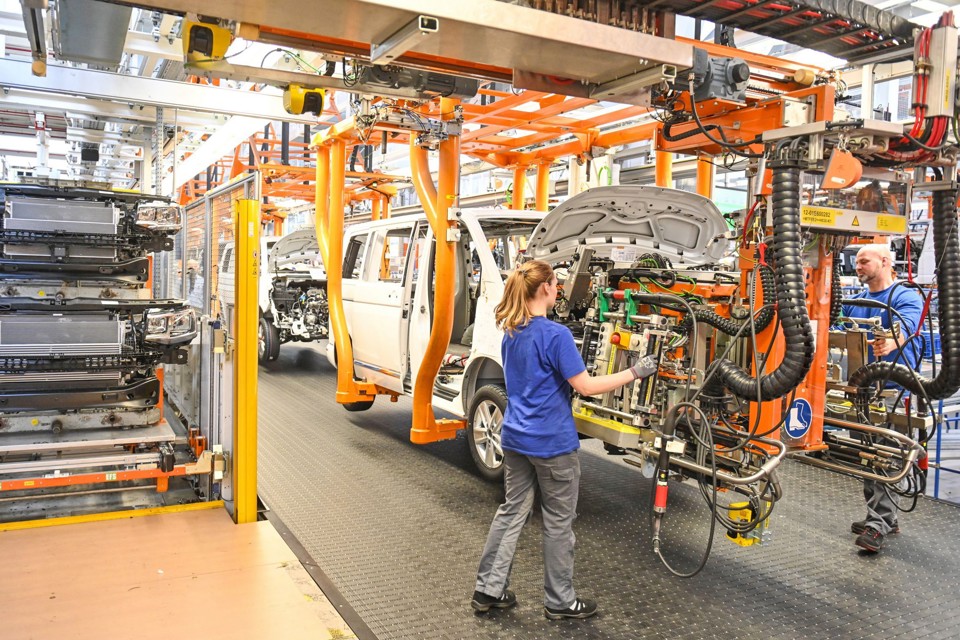A shortage of wiring harnesses due to the conflict in Ukraine has overtaken the semiconductor crisis as the biggest supply chain problem for Volkswagen.
The German car maker is moving production of the harnesses to north Africa and eastern Europe, as Russia’s war on Ukraine adds to the growing list of automotive component shortages.
UK car registrations were down 25.9% on pre-pandemic levels, in February, as vehicle production remained constrained. Now, it is believed that new car prices will soar due to the rising cost of parts.
Rising raw material costs will drive up prices for both electric and internal combustion engine vehicles, Volkwagen Group chief financial officer Arno Antlitz warned, with everything from batteries to catalytic converters set to become more expensive.
Metals, including aluminium, along with the nickel and lithium used in batteries are becoming increasingly more expensive.
The Volkswagen Group’s sales revenues grew by 12.3% in 2021, despite it selling 2.3 million fewer cars than in a pre-pandemic 2019.
“Over the past two years, we have learned to better mitigate the impact of crises on our company,” said Antlitz. “I am confident that we will make the best possible use of these experiences to stay on track in these difficult times.
The company expects to increase deliveries of new vehicles by up to 10% this year, and boost its revenues by a further 8-13%.
Volkswagen Group CEO Herbert Diess warned that delays in supplies of wire harnesses, which bundle up to 3.1 miles of cables in a car and are unique to each model, could force Volkswagen to revise its outlook for 2022, if alternative sources are not found in 3-4 weeks.
Tesla has also been forced to increase prices in China and the US, this week, as a result of rising raw materials costs.
Elon Musk, the company’s CEO, said the carmaker was facing significant inflationary pressure in raw materials and logistics.




















Login to comment
Comments
No comments have been made yet.